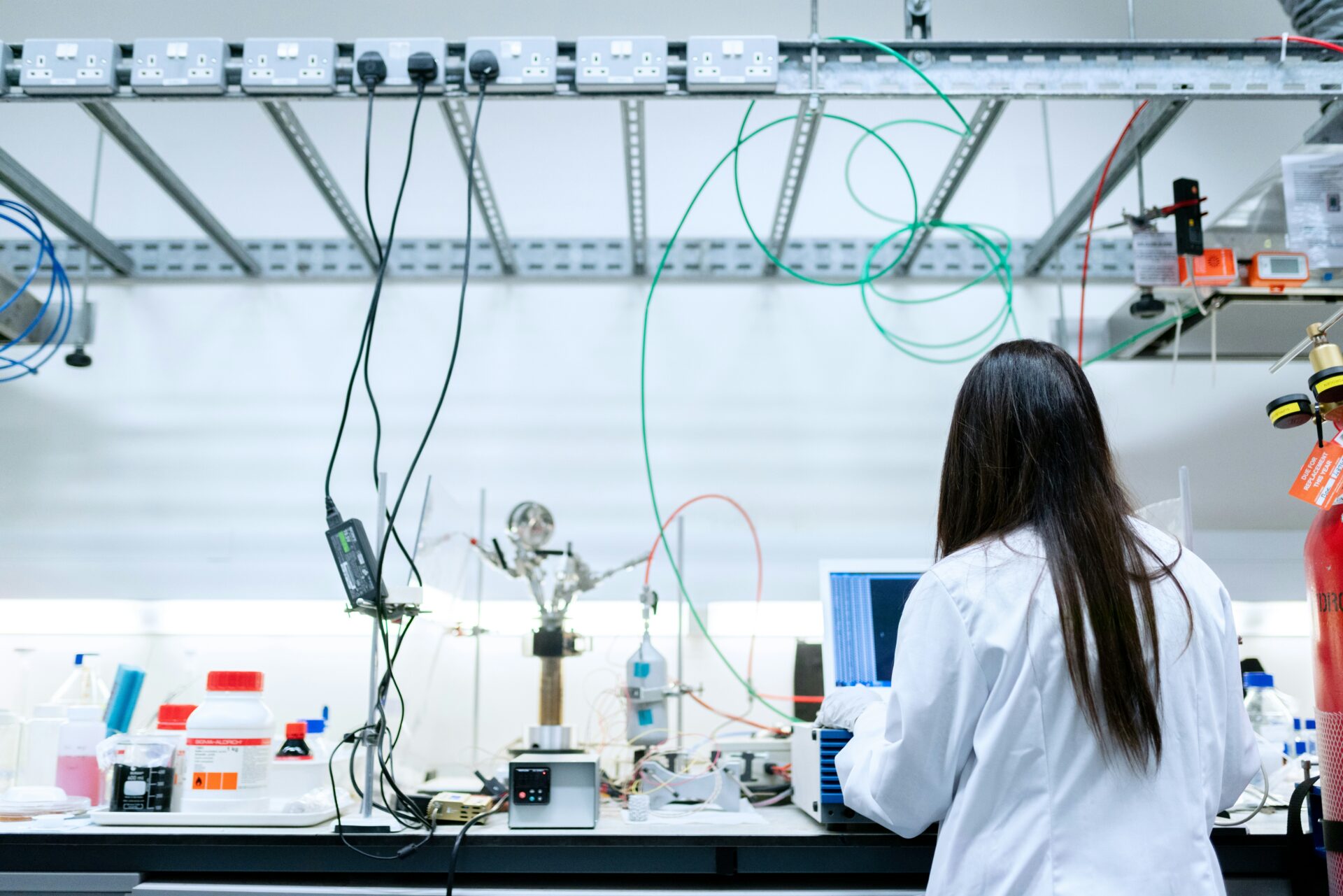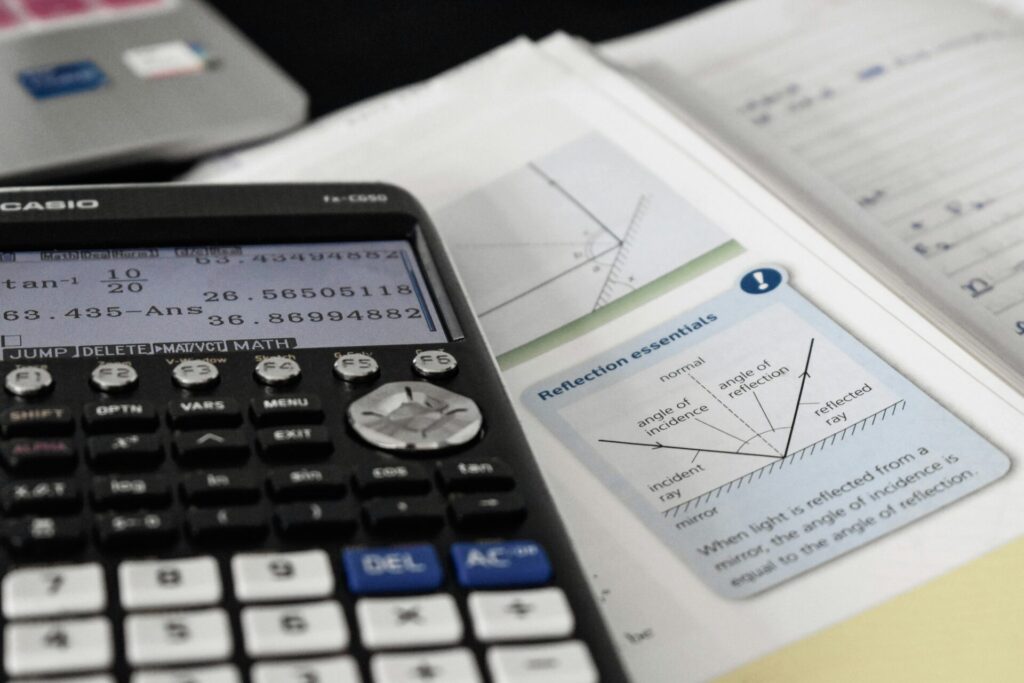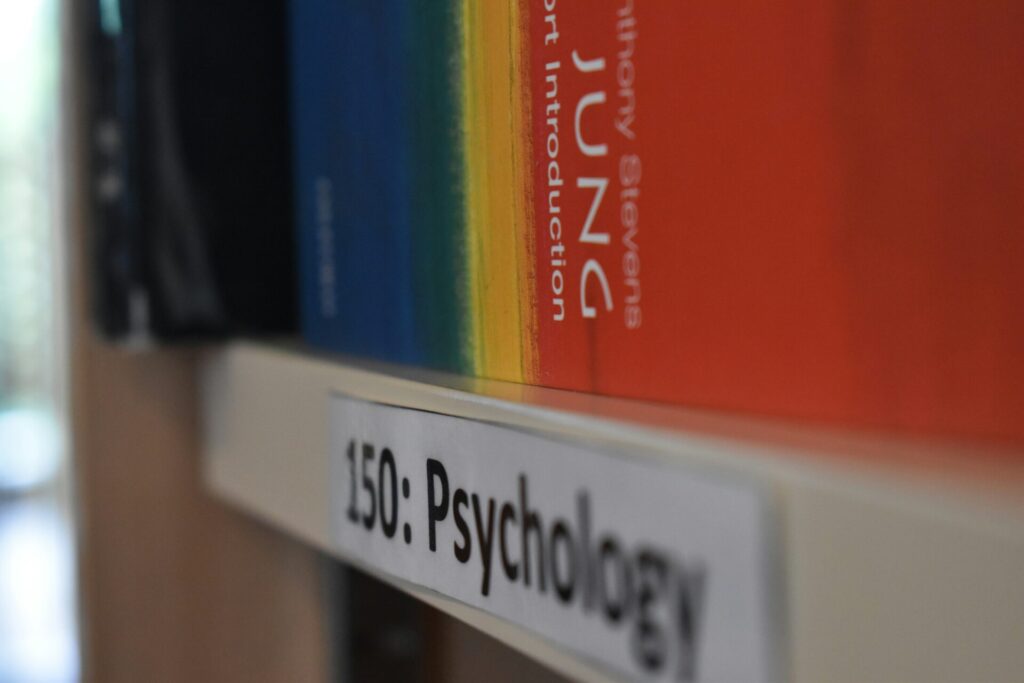The IB Chemistry exam is a challenging milestone for students pursuing the International Baccalaureate diploma. It requires a strong grasp of complex topics, sharp analytical skills, and the ability to approach problems strategically. Whether you’re enrolled in the IB Chemistry SL (Standard Level) or IB Chemistry HL (Higher Level), thorough preparation is key to success. With the right strategies and resources, you can not only improve your understanding but also boost your confidence on exam day.
This guide will walk you through the IB Chemistry curriculum, effective study tips, common mistakes students make, and how to avoid them, offering all the insights you need to excel in this subject.
The Importance of Excelling in IB Chemistry
IB Chemistry is foundational for students aiming to pursue careers in medicine, engineering, biochemistry, or other scientific fields. More than just earning good grades, successfully mastering this subject builds critical thinking and problem-solving abilities.
Both IB Chemistry SL and IB Chemistry HL emphasize understanding rather than rote memorization, making it essential to apply concepts in unfamiliar contexts. To succeed, you’ll need a mix of comprehension, consistent practice, and efficient time management.
Overview of the IB Chemistry Exam
The exam consists of three papers, and your performance here is a critical part of your final grade. Key components include multiple-choice questions, structured problem-solving, and an internally assessed (IA) investigation. Preparation for the exam requires balancing textbook theory, past paper practice, and your Internal Assessment (IA).
Now, let’s break down the curriculum and key areas to focus on.
Understanding the IB Chemistry Curriculum
Before jumping into preparation, you need to be familiar with the IB Chemistry curriculum. The syllabus is broken into core topics, additional HL content, and the internal assessment. This structured framework helps ensure comprehensive coverage of physical, inorganic, and organic chemistry concepts.
Core Topics in the IB Chemistry Curriculum
Topics Shared by Standard Level (SL) and Higher Level (HL):
- Models of the Particulate Nature of Matter
- Introduction to the particulate nature of matter, the nuclear atom, electron configurations, counting particles by mass (the mole), and ideal gases.
- Models of Bonding and Structure
- Ionic, covalent, and metallic bonding, and the relationship between bonding and material properties.
- Classification of Matter
- The periodic table (classification of elements) and functional groups (classification of organic compounds).
- What Drives Chemical Reactions?
- Measuring enthalpy change, energy cycles in reactions, and energy from fuels.
- How Much, How Fast, and How Far?
- Quantitative aspects of chemical change, reaction rates, and chemical equilibrium.
- Mechanisms of Chemical Change
- Proton transfer reactions, electron transfer reactions, electron sharing reactions, and electron-pair sharing reactions.
Topics Unique to Higher Level (HL):
- Entropy and Spontaneity
- Advanced exploration of entropy and Gibbs free energy.
Practical and Investigative Work (Experimental Programme)
- Practical Work: 20 hours for SL and 40 hours for HL.
- Collaborative Sciences Project: 10 hours for both SL and HL.
- Scientific Investigation: 10 hours for both SL and HL, culminating in a written report.
Chemistry IA Topics IB
The Internal Assessment (IA) is an individual practical investigation where students get to design and carry out their experiments. Choosing the right Chemistry IA topics IB can make or break your project. A good IA topic is specific, feasible within a school laboratory, and linked to the syllabus. Examples include:
- Investigating the effect of temperature on reaction rate.
- Comparing the enthalpy changes of combustion for various alcohols.
- Analyzing the effect of pH on enzyme activity.
Take time to plan your IA meticulously, as it accounts for 20% of your final grade. Discuss your ideas with your teacher, look through past examples, and ensure your research question is clear and focused.
Common Mistakes in IB Chemistry Exams and How to Avoid Them
Even well-prepared students can stumble if they fall into common pitfalls during the IB Chemistry SL or HL exams. Here’s what to avoid and how to steer clear of errors.
1. Insufficient Understanding of Command Terms
Students often lose marks by misunderstanding key command terms like “analyze,” “compare,” or “evaluate.” For example, if a question asks you to “compare,” you must highlight similarities AND differences, instead of emphasizing just one.
How to Fix It: Familiarize yourself with the command terms used in IB Chemistry. Practice past paper questions and ensure your answers address the specific requirements.
2. Neglecting Data-Based Questions
The exam often includes questions that require analysis of data tables or graphs. These can be intimidating if you’re not comfortable with interpreting trends or anomalies.
How to Fix It: Practice interpreting data from lab experiments. Develop the habit of summarizing the main trends before writing your answer. Learn to link these trends to theoretical concepts.
3. Poor Time Management
Time management is essential during a timed exam. Spending too long on a single question in Paper 1 or 2 can leave you rushing through others.
How to Fix It: During your preparation, set timers as you work through practice papers. Save at least five minutes at the end to review calculations and check for missing steps.
4. Memorization Without Conceptual Understanding
Recall-based learning, such as memorizing reaction mechanisms, may not help you when faced with applied questions requiring problem-solving.
How to Fix It: Focus on understanding. Discuss concepts with peers or teachers and think critically about how they connect. For instance, instead of memorizing the colors of transition metal ions, understand why these colors arise.
5. Ignoring the Laboratory Component
The practical aspect of IB Chemistry is often overlooked while preparing for theoretical papers. Yet, lab-based questions are frequently part of Paper 3.
How to Fix It: Pay attention during lab sessions and understand all techniques and procedures. Reflect on past experiments, their errors, and possible improvements.
Join the Immerse Education 2025 Essay Competition
Follow the instructions to write and submit your best essay for a chance to be awarded a 100% scholarship.

Resources for IB Chemistry Preparation
There is no shortage of resources available for Chemistry students. The key is to use them efficiently.
Recommended IB Chemistry Resources
- Textbooks
- “Pearson Baccalaureate Chemistry” is a popular resource filled with examples and practice problems tailored to the IB syllabus.
- Online Platforms
- Websites like Kognity and Studynova provide condensed notes, videos, and quizzes to help complement your studies.
- Past Papers
- Solve past exam papers as much as you can. They help you understand the exam pattern and spot repeating question trends.
- Interactive Labs
- Platforms like ChemCollective offer virtual labs where you can practice experiments. This can be especially helpful when brainstorming Chemistry IA topics IB.
- Prep Courses
- If you’re looking to refine your skills further, try an online course such as the Chemistry Online Courses offered by reputable institutions.
It’s good to combine these resources with your classroom learning and focus on consolidating concepts rather than jumping between multiple materials.
Explore Immerse’s Chemistry Summer School and Chemistry Online Courses for additional preparation and practical approach.
Acing IB Chemistry in 2025
Understanding the IB Chemistry curriculum, avoiding pitfalls during preparation, and leveraging the right resources will help you stay ahead. Build a study plan that allocates time for theory revision, practical experiments, and past paper practice. Stay consistent, and don’t hesitate to ask for help when you encounter challenging topics.
Remember, the IB Chemistry exam dates for May 2025 are likely to fall in early May, so plan backwards from these to ensure you have ample time for revision. Check with your school or the official IB calendar for exact dates.
Final Thoughts
Preparing for the exam may feel overwhelming, but it’s achievable with the right approach. Prioritize understanding over memorization, practice consistently, and avoid cramming at the last minute. Whether you’re tackling IB Chemistry SL or HL, your dedication and effort will pay off. Start early, stay disciplined, and when in doubt, turn to trusted IB Chemistry resources to guide you.
Good luck, future chemists! 🚀





















